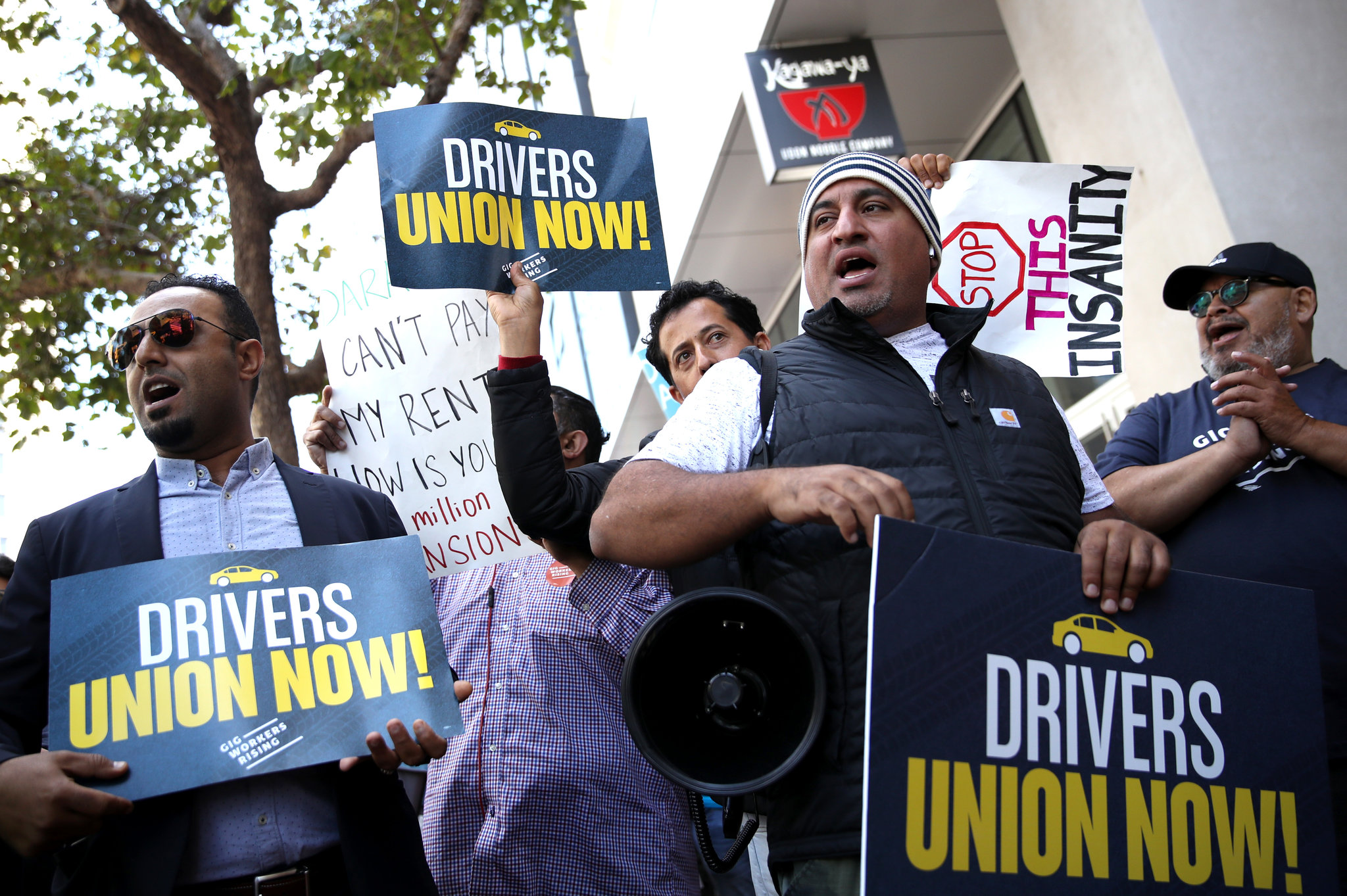The Covid-19 flame of disease, death and economic devastation has only served to bring aspects of the traditional battle between business and labor to a boil. Optimistically, one might think that the call of ‘all in this together’ would have different interests pulling on the same end of the rope in hopes of quick economic recovery. But when it comes to major labor laws like AB 5 and PAGA (Private Attorney General Act), no compromise seems acceptable.
Calls to suspend AB 5 during the crisis, the classification of workers law, so that the unemployed can find some kind of independent work and bring in income have been ignored by the majority party. In fact, Governor Gavin Newsom in his slimmed down budget that cuts items like help for the blind and disabled still set aside more than $20 million to enforce AB 5 during this difficult time for workers and businesses. Many found this particular budget item, in light of the circumstances, distasteful at best.
The enforcement money ramps up pressure on workers who are trying to simply survive. As Senator Jim Nielsen pointed out in a statement, “the Administration is doubling down on the enforcement of an ill-advised and punitive labor law that cuts off income opportunities for those hardest hit by this recession.”
Efforts to freeze the PAGA law while businesses try to cope have met with strong resistance. When the California Business & Industrial Alliance (CABIA) asked the governor for a 90-day moratorium on PAGA lawsuits during the Covid-19 crisis, in hopes that greater financial pressures would not be piled onto struggling and closed businesses, labor interests pushed back telling the governor that no moratorium was warranted.
CABIA cited 167 claims filed on behalf of workers during the first week of lockdown on front line businesses like hospitals, nursing homes, restaurants and hotels. A number of labor groups, including the California Labor Federation, sent a letter to the governor to reject the PAGA freeze. The labor groups said the pandemic highlighted the “imbalanced relationship between modern businesses and workers” with workers needing the full protection from those inequities that the PAGA law provides.
One university law school professor claimed CABIA’s goal was to destroy the PAGA law. Yet, the goal of most objective people who look at the labor laws is to find a balance between workers and business so both feel safe. The letter from the labor organizations to the governor made the same point “that workers and businesses alike must cooperate in response to these times.”
Seeking reforms to give businesses time to correct minor errors, even negligible clerical errors, without facing the pressure of a lawsuit, is a proper reform and is not an attempt to destroy the law. Let the labor law work in confronting major violations to worker rights. At the same time fix the unintended consequences of the law that threaten business and often do little to help workers.
The same can be said of AB 5. Take time to work through unintended consequences and excessive burdens the classification law created, some acknowledged even by the law’s author and chief advocate, Assembly Member Lorena Gonzalez.
The sad thing is that even during a time of crisis, cooperation on reforming these laws has made little headway. That’s not a positive sign that we will find reasonable resolutions of business and labor differences if we ever get back to a semblance of normal.


